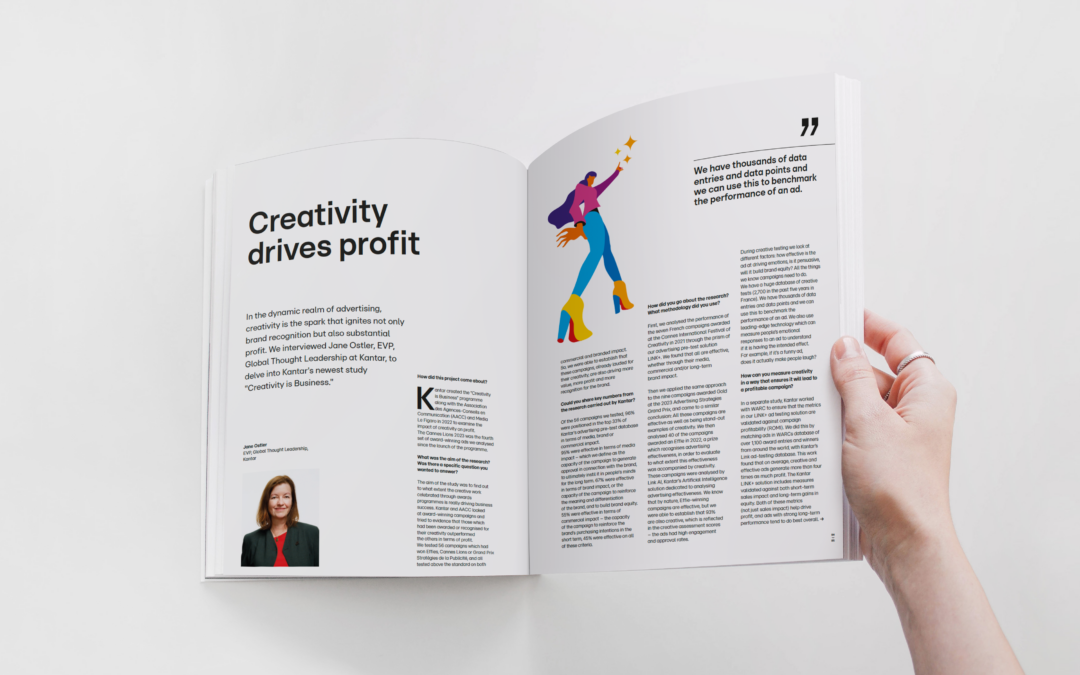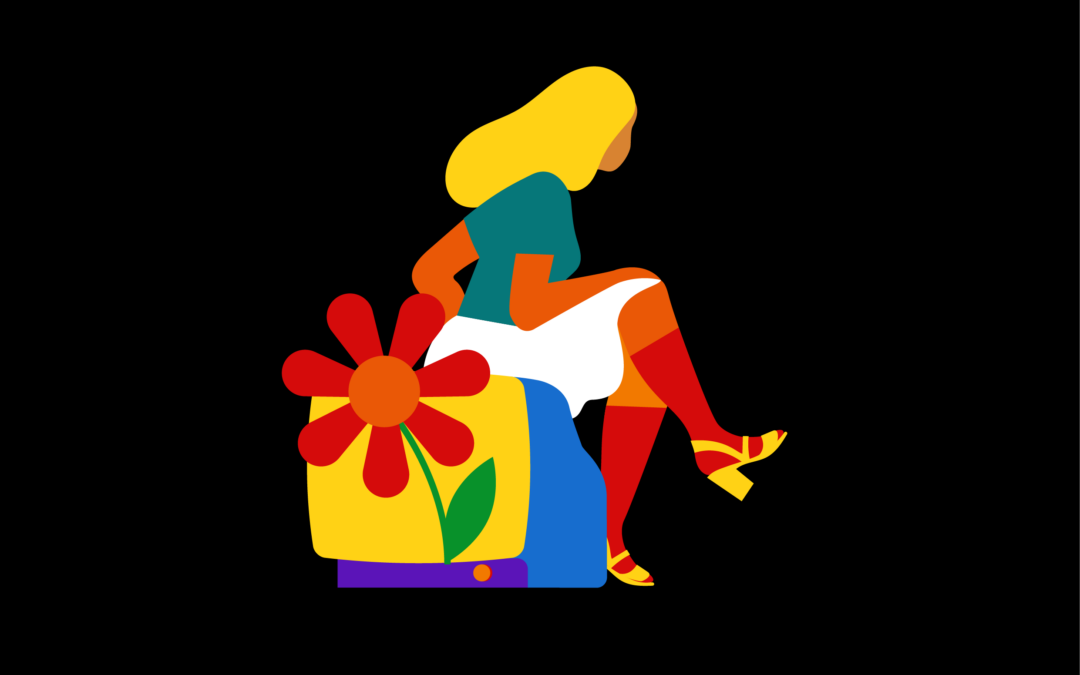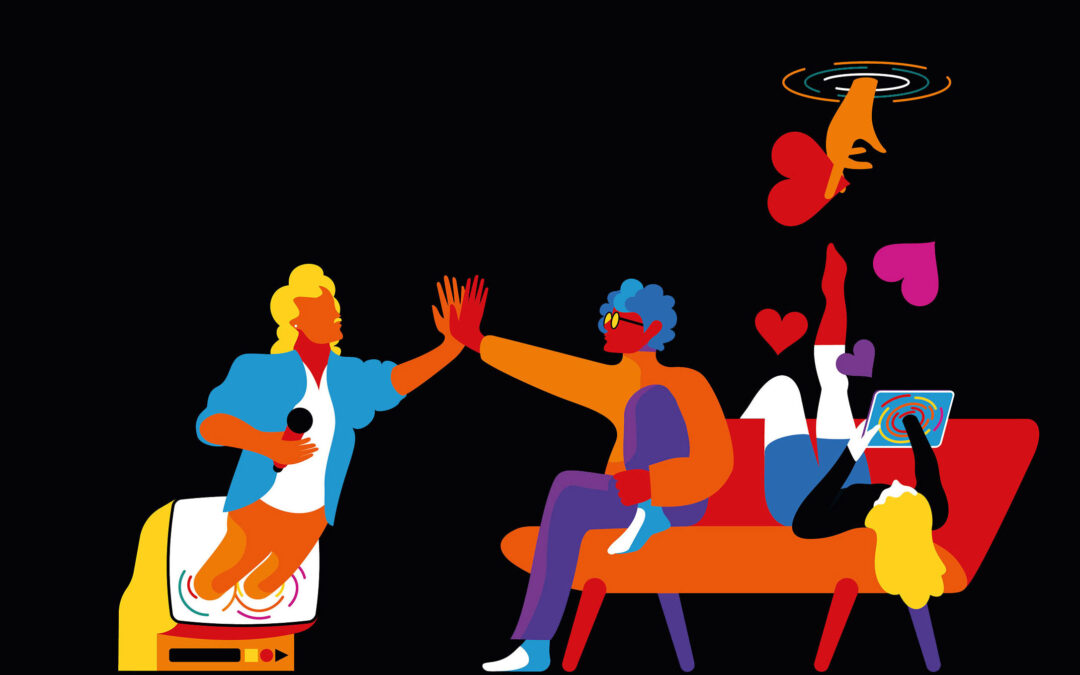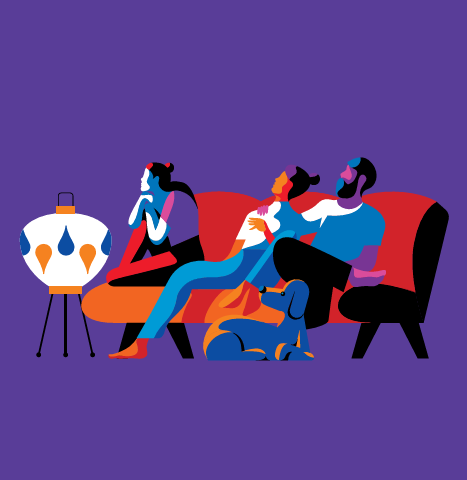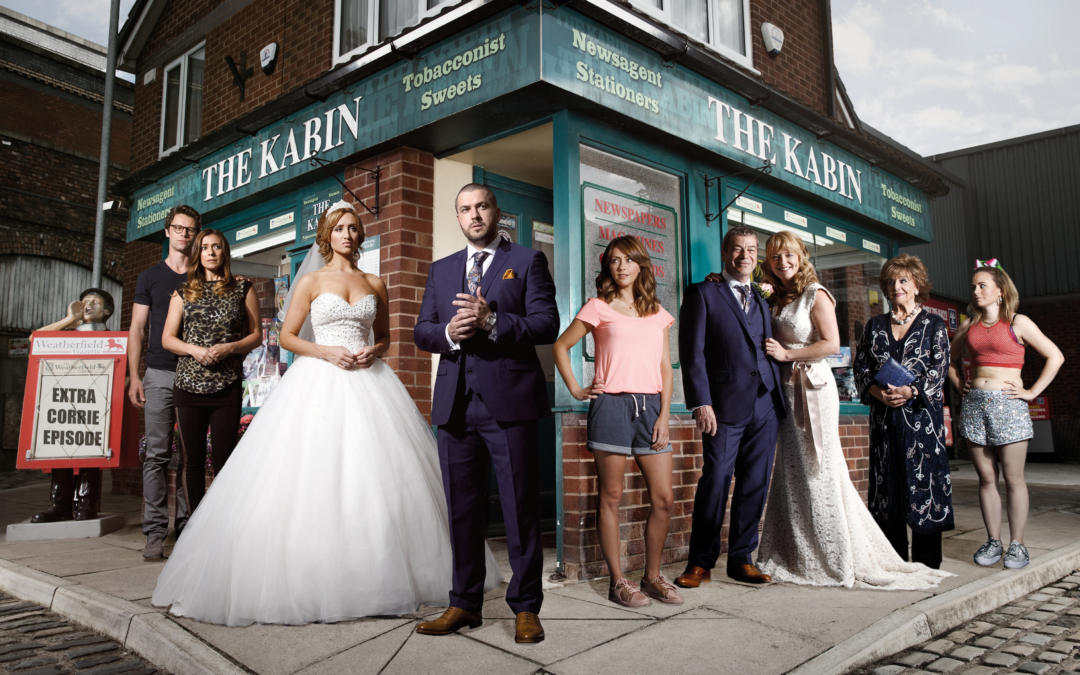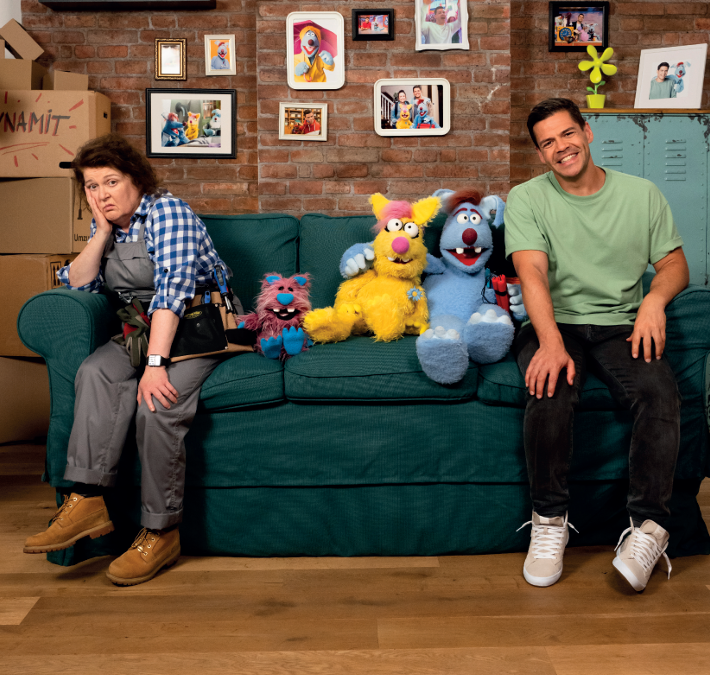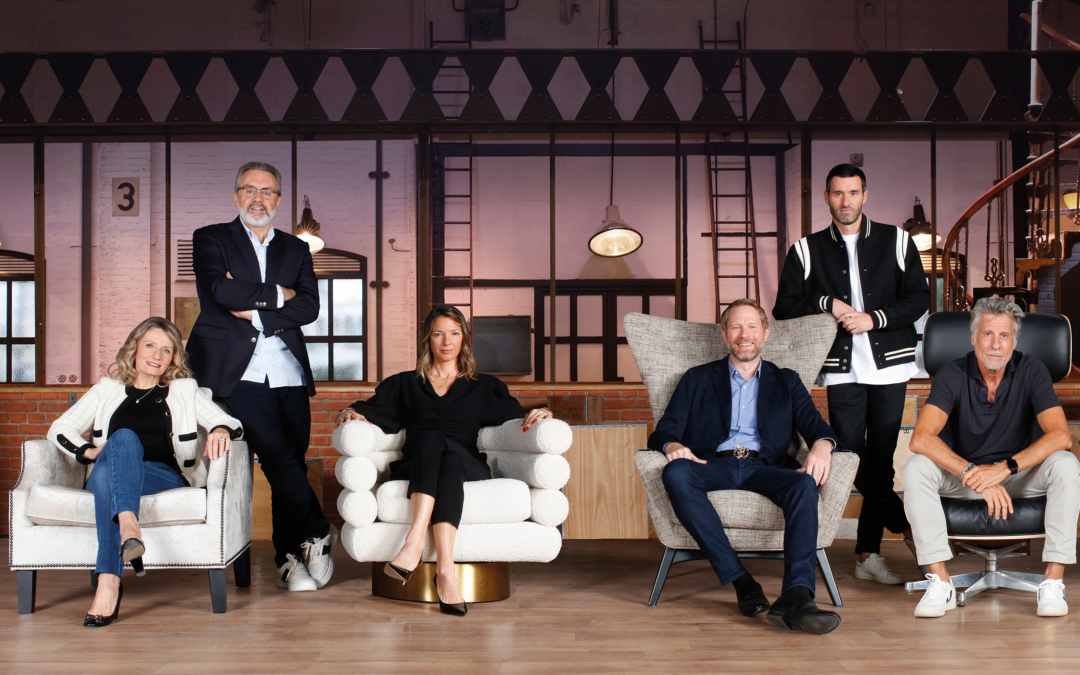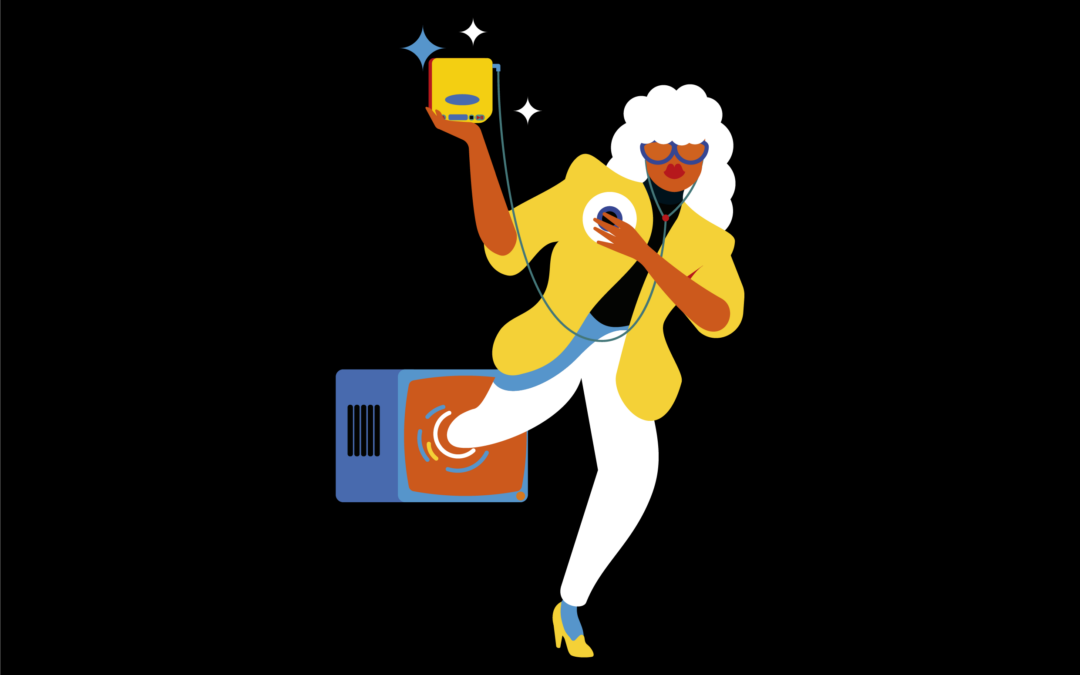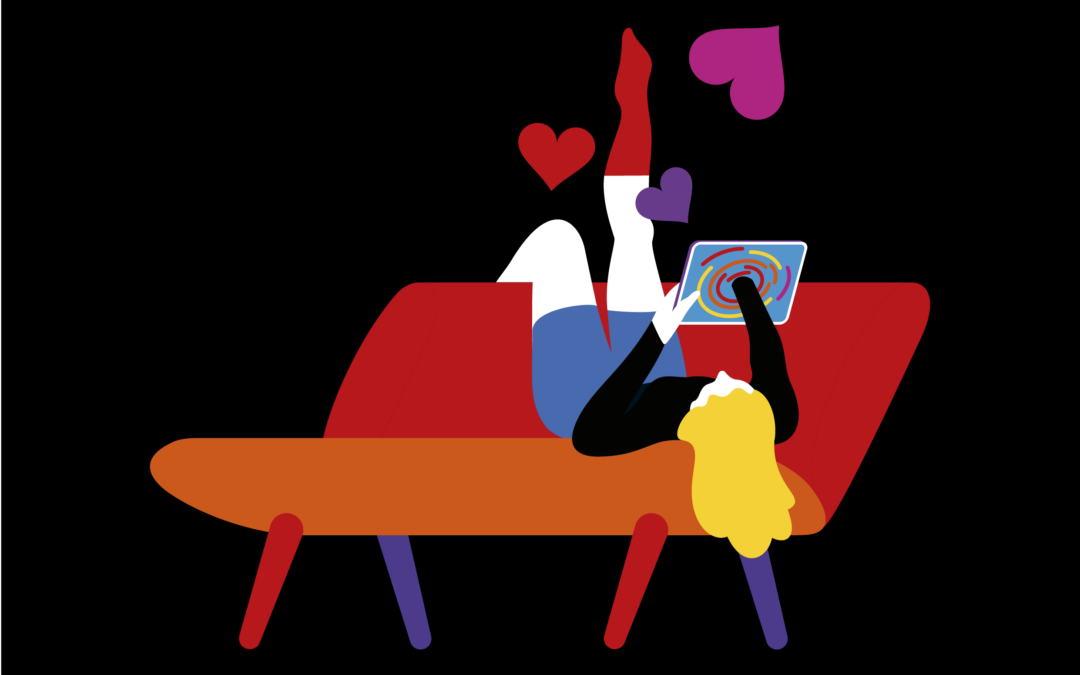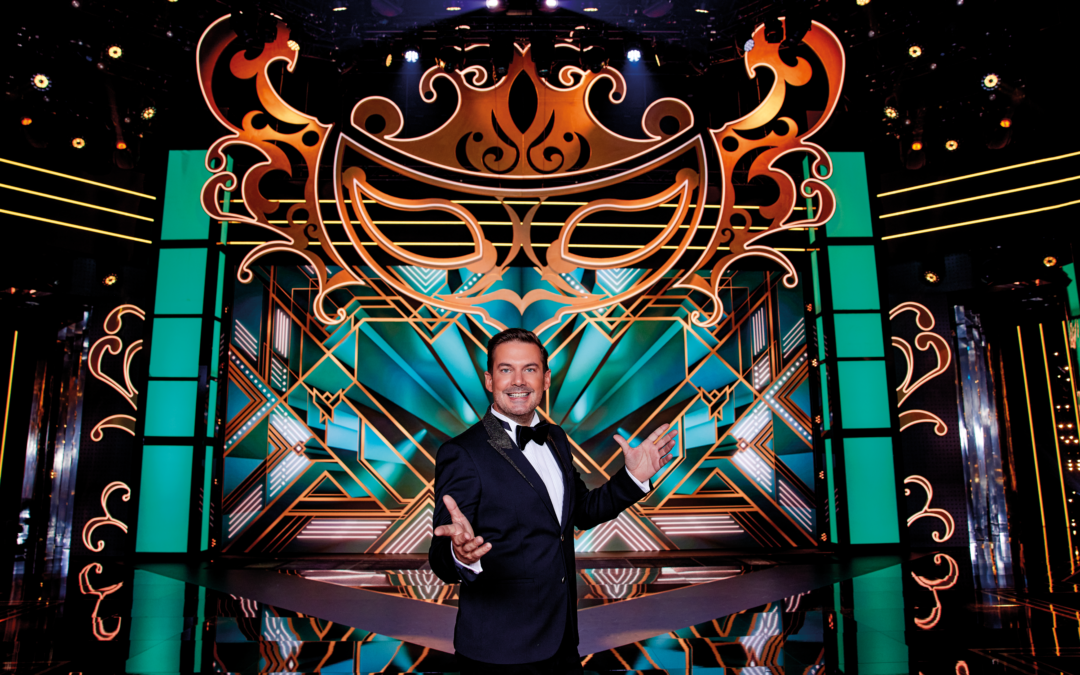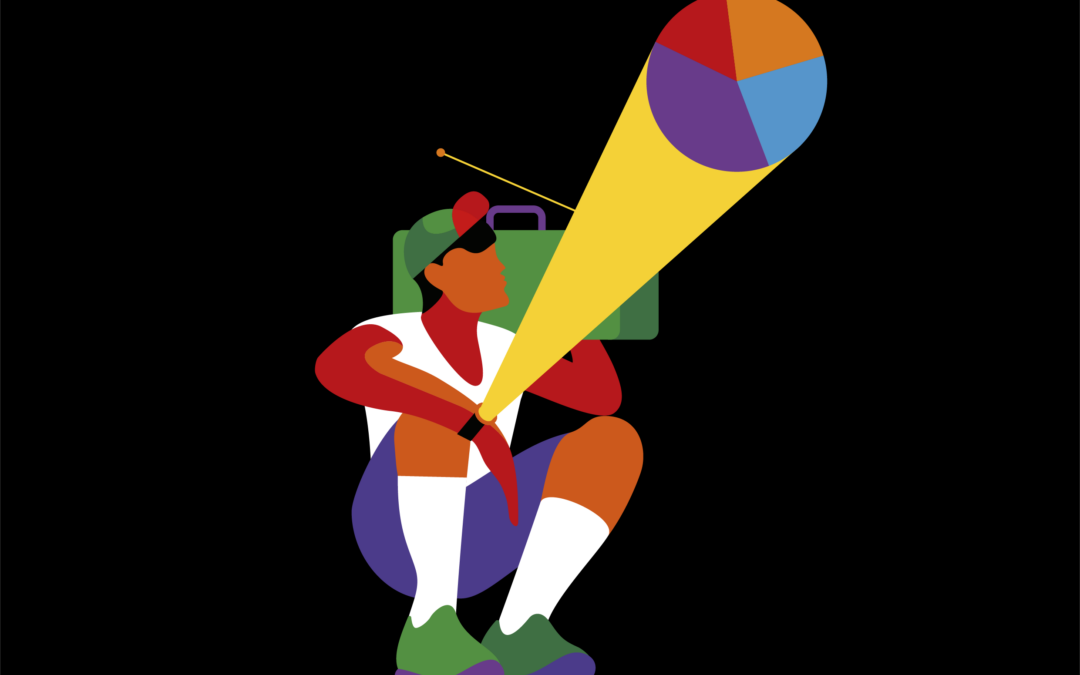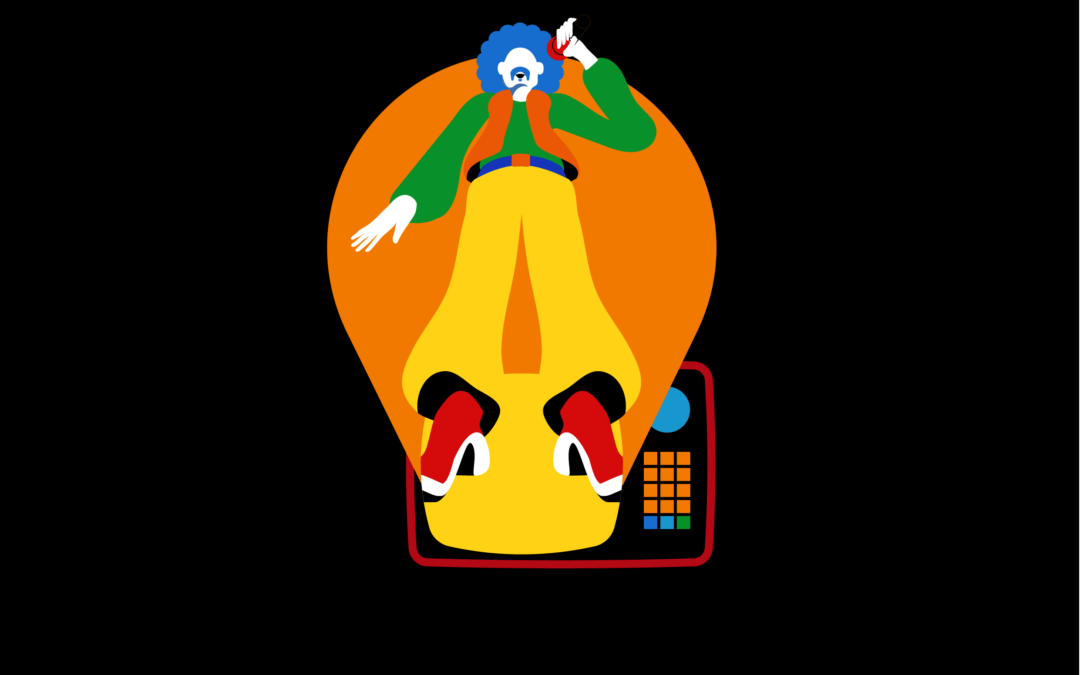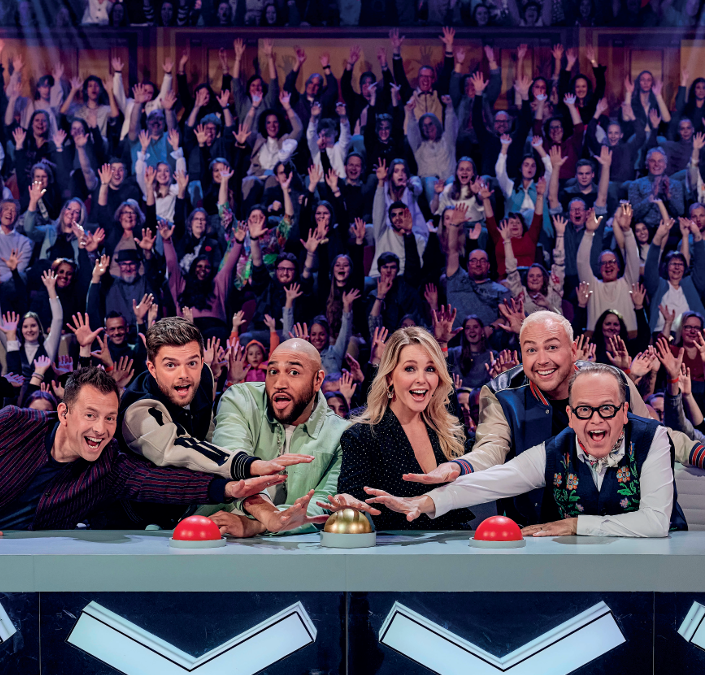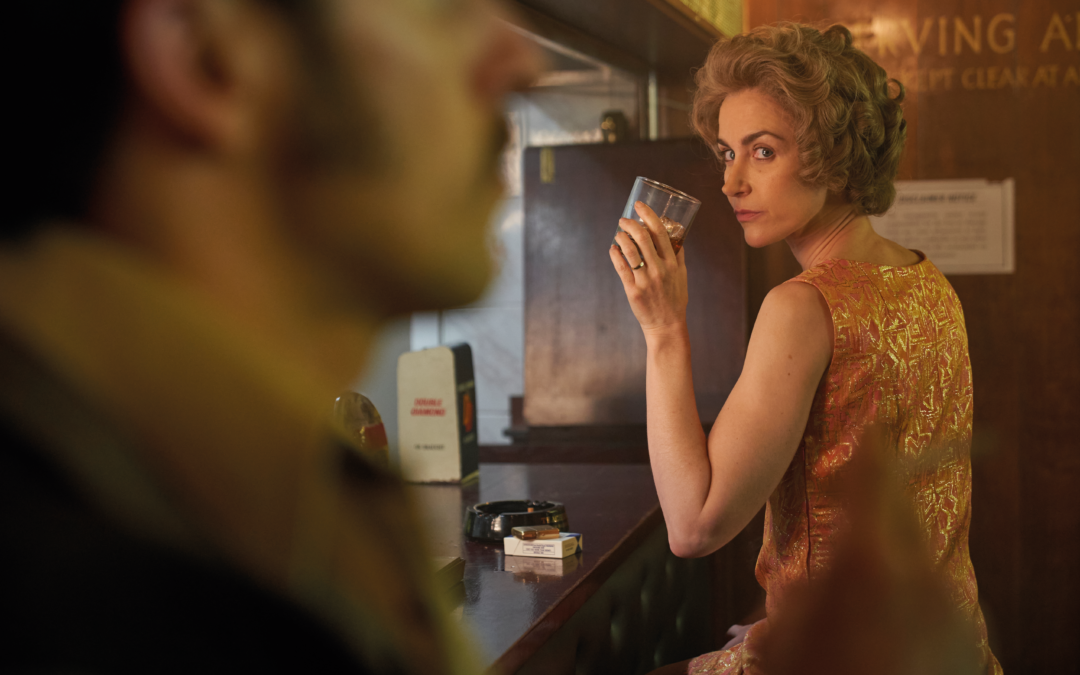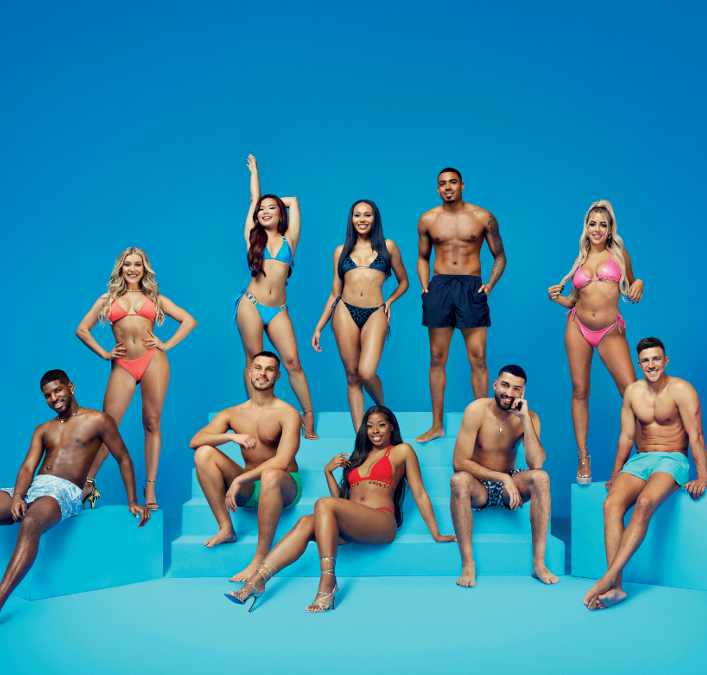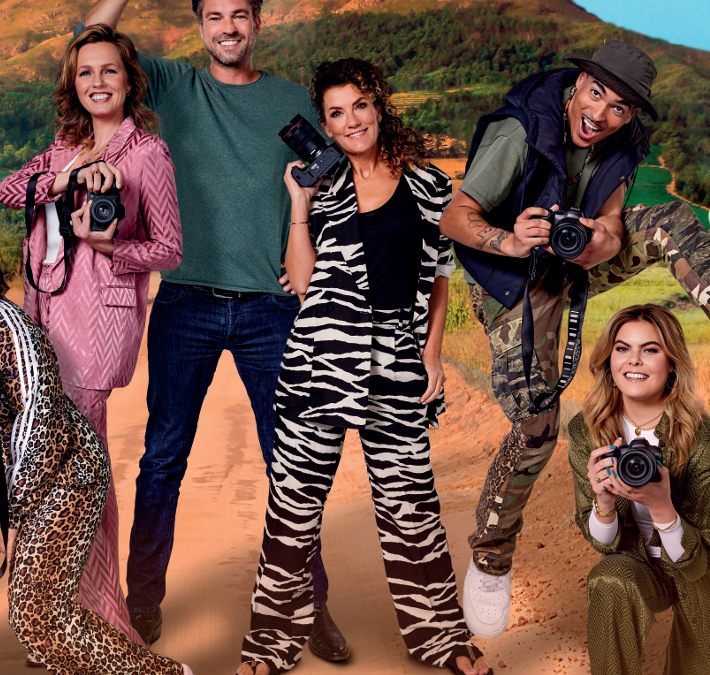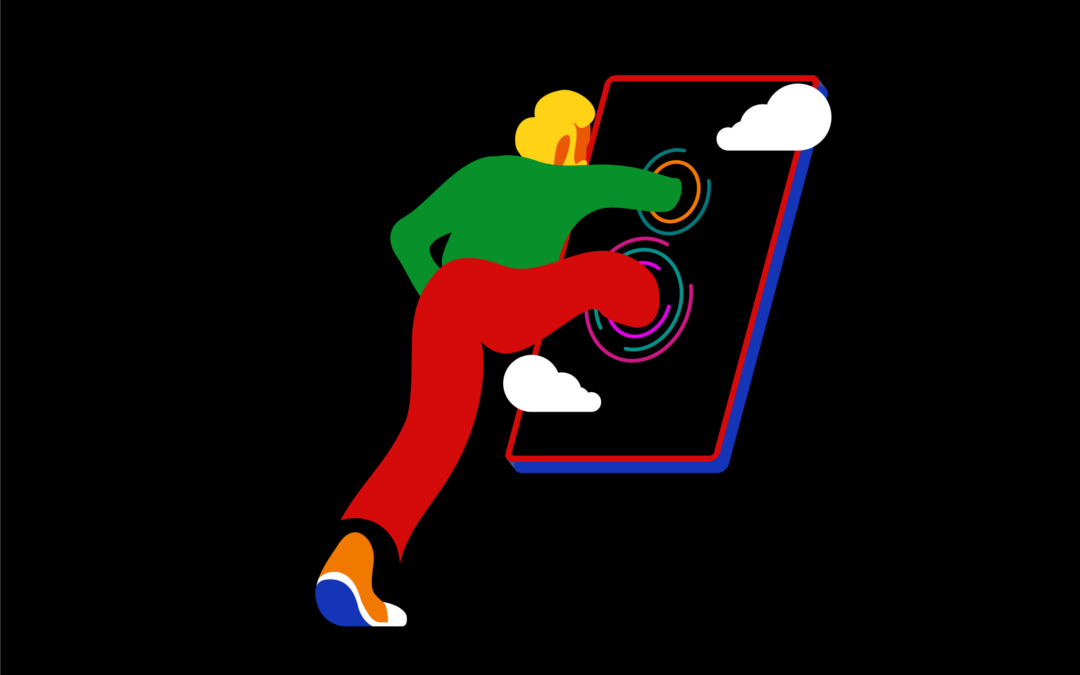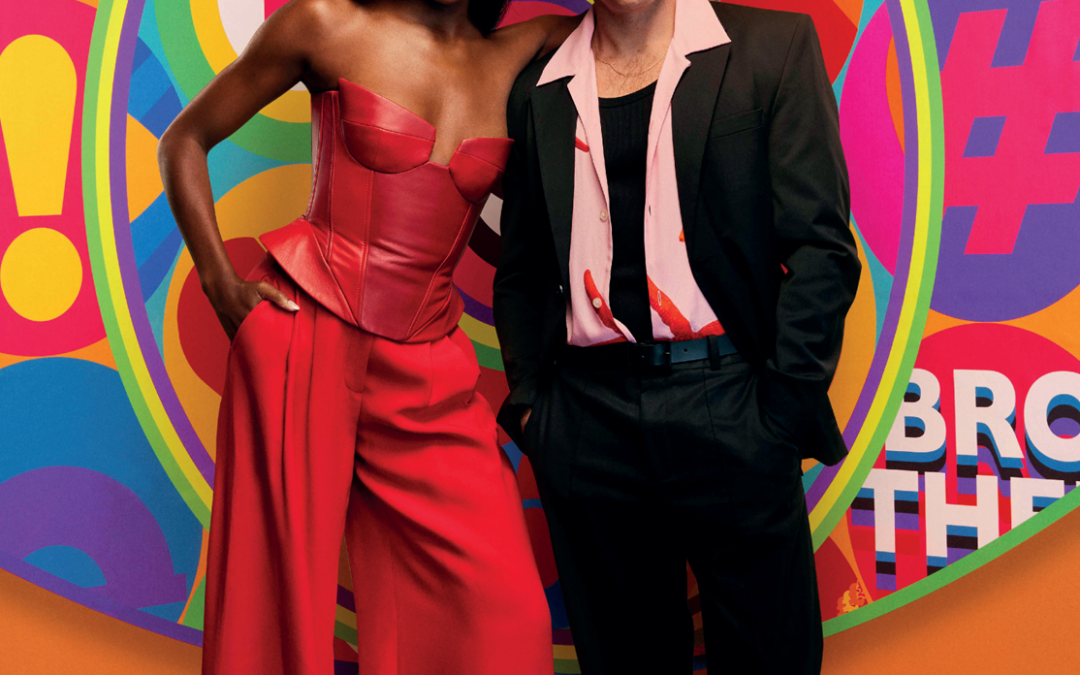Paul Kemp-Robertson, Co-Founder of Contagious, explores the best brand responses to the pandemic, both then, during the rigours of lockdown, and now, as the tentative recovery begins.
Brand as NGO
The Covid-19 pandemic has consolidated a trend Contagious first identified back in 2013. We called it ‘Brand as NGO’ – a philosophy that sees brands leveraging their creative clout, media muscle and operational know -how to solve some of the world’s social, economic, and environmental challenges. Think long-haul projects, rather than short-term campaigns.
At Contagious, we reviewed more than 500 different responses by brands throughout the initial stages of the Covid-19 crisis. Bizarrely, many brands seemed to believe that people trapped at home would somehow love to see identikit commercials featuring a ‘we’re all in this together’ message set to a montage of stock images accompanied by a Sunday School travesty of a famous rock anthem. But beyond these embarrassments, we looked at the fundamentally purpose -driven responses and categorised each according to the role the brand played. We found that, broadly, the best fell into three distinct categories: those that advised by sharing relevant information; assisted by donating funds and sending supplies to contribute directly to the cause; or alleviated by providing emotional support to those affected. All three involved brands playing an active, quasi-governmental role.
LOCKDOWN RESPONSES
Advise During the early stages of the crisis, brands took on the role of distributing public health information, including helping governments and civic organisations to deliver safety messages and share health and hygiene tips. Disinfectant brand Dettol India, for example, created a TikTok dance challenge to demonstrate an effective hand washing routine. People were encouraged to share their own versions of the #HandWashChallenge, generating more than 120 billion combined views.
Misinformation spread quickly during the early stages of the outbreak. The Pew Research Center found that half of Americans came across fake news. This created an opportunity for brands to share fact-checked information and advice from trusted sources. Social media app Douyin provided information on symptoms and prevention tips. WhatsApp created a fact-checking content hub and a chatbot to share verified information directly with its users. Fashion retailer H&M handed over the brand’s social media channels (a combined following of 120 million) to humanitarian organisations such as the WHO, so that experts could share health and safety updates.
Assist
As the pandemic progressed, brands provided practical help. The Kraft Heinz Company, for example, committed $12m to a relief fund to support community partners and food banks. Others acted as a lightning rod, asking customers to send donations. Food delivery app Deliveroo launched an in-app donation tool to allow users to donate meals for healthcare workers.
Some businesses chose more practical ways to combat the virus. Many pivoted production to provide essential items that were in short supply. Luxury retailer LVMH made hand sanitiser to distribute in French medical centres, while UK brewer BrewDog created its own branded Punk Sanitiser, and footwear brand New Balance converted factory operations to meet the demand for personal protective equipment.
As the pandemic worsened, many brands recognised that entire industries were becoming vulnerable. Heineken created a new form of media by diverting €7.5m ($8.9m) from its Out of Home budget to convert the shutters of 5,000 closed on-trade outlets into outdoor advertising spaces, as a means of driving revenue for the owners. And AB InBev’s Tienda Cerca initiative protected 1 million family livelihoods by rapidly creating an ecommerce platform to help independent stores across South America fulfil online orders, to compensate for the drastic loss of footfall. The idea won the Grand Prix in Creative eCommerce at Cannes Lions, and when Contagious spoke to jury president, RGA’s Tiffany Rolfe, she said it was the perfect example of a brand ‘behaving like an operating system: iterative, adaptive and empathetic to the needs of the communities it serves.’
Alleviate
Inevitably, the crisis caused psychological strain and physical health issues, with family separations and self-isolation causing widespread loneliness and anxiety. To help ease the turbulence, brands could either provide emotional support and advice, or bring some levity to people’s lives.
Ford offered financial relief to customers worried about repayment pressures, while swimwear brand Joycast set up a text hotline to ‘spread joy’ by sending funny GIFs, videos, self-care ideas and meditation tips. The efforts of frontline workers weren’t forgotten either. To champion the beauty of courage, Dove created a montage of medical staff showing lines on their faces left by the many hours spent wearing protective equipment.
As people found themselves having to adjust to a new reality, brands stepped in to solve particular pain points too. In Australia, Toys “R” Us created a series of videos showcasing games and craft activities to keep children busy. With nightlife closed off, Chinese ecommerce company Jingdong (JD.com) provided light relief by partnering with alcohol brands to take advantage of the ‘cloud clubbing’ trend, while US restaurant chain Chipotle hosted lunchtime sessions via video call, featuring celebrity appearances. Other brands innovated to meet changing customer needs. For example, Starling Bank launched its Connected Card product – an additional debit card designed to be used by friends, family or volunteers shopping on behalf of vulnerable people stuck at home.
Companies addressing fundamental pain points indicates a fundamental of brand behaviour – understanding real people, getting to grips with the problems they are facing and providing relevant solutions. As Sophie van Ettinger, global Dove vice president at Unilever, told Contagious: ‘Think about what the people you serve need right now, think about what you can offer and then bring them together.’
This is relevant advice during a pandemic, but it’s also something that should be taken into the ‘new normal’ too. Indeed, it’s a point echoed in The Contagious Commandments book: ‘Generosity becomes a marketing asset when companies give something only they can uniquely provide.’
EITHER PROVIDE
EMOTIONAL SUPPORT
AND ADVICE,
OR BRING SOME
LEVITY TO
PEOPLE’S LIVES
RECOVERY RESPONSES
The lockdown phase was abrupt in its timing and extreme in its severity – it demanded new, radical responses from brands. The recovery phase, by contrast, will be longer and more transitional.
Contagious has identified three specific roles that have emerged: brands working to protect adjacent businesses during the economic downturn; those helping consumers to progress physically and emotionally; and those that have used a combination of delightful executions and tempting discounts to promote their products and services. The most successful of these responses have been sympathetic to the uncertainty faced by both consumers and businesses.
Protect
As the health crisis has increasingly been brought under control, the economic ramifications of Covid-19 have loomed large. The Asian Development Bank predicted a 9.7% hit to global GDP, and Harvard professor Kenneth Rogoff told The New York Times: ‘The 2008 financial crisis was just a dry run for this.’
Many brands – such as Heineken and AB InBev – have stepped up to help adjacent, affected businesses weather the financial storm. Protecting other businesses is not without returns for the brands in question, however. It shows a commitment to helping with what adam&eveDDB’s Group Head of Effectiveness, Les Binet, termed the ‘war effort’, and will be remembered by consumers. An Edelman Trust Barometer special report found that 65% of people stated that how brands respond to the crisis will have a ‘huge impact’ on future likelihood to buy.
Progress
Psychologists from the Australian National University observed that: ‘Coronavirus lockdown made many of us anxious. But for some people, returning to “normal” might be scarier.’ Mindful of this, various brands are helping with the emotional progression into the recovery phase. For example, to make its mandatory face coverings rule less daunting for children, EasyJet collaborated with artist Will Sliney to create masks featuring cartoon faces and comic-book heroes. And, having found that 40% of owners believed their dogs would suffer when their human housemates returned to the office, animal health brand Frontline created playlists in collaboration with Spotify, designed to reduce canine anxiety.
Promote
The UK’s Office of National Statistics found that the decline in consumer spending in the first two months of national lockdown wiped out 15 years of growth. To help stimulate the Recovery phase, we have seen a number of brands encouraging people to start spending again by offering attractive promotional discounts in creative ways.
As Singapore was beginning to ease lockdown restrictions, Deliveroo turned to the wildly popular Animal Crossing: New Horizons game. Players could apply on Facebook to receive in-game deliveries from specially designed Deliveroo couriers. And these came with corresponding discounts on real-life Deliveroo orders. The activation generated three million interactions in the first hour alone. Meanwhile, the Brazilian online retailer, Amaro, invited players inside Animal Crossing to visit the island home of its virtual fashion model, Mara. The outfits worn by the players’ avatars were reviewed, and a number of them were then selected to feature in a real-life line called the Cross Collection. The players whose outfits were chosen received real-world Amaro vouchers.
Other brands developed their own innovative delivery mechanics. Bose created the Noise-O-Meter app to promote its noise-cancelling 700 Headphones in the UAE. At the peak of the lockdown phase, over 80% of the region’s private sector workforce were working from home. The app measured the level of noise in consumers’ home offices. The greater the noise, the greater the discount that they were eligible for. Week-on-week sales increased by 37.5%.
TO HAVE TO PLAY
THE ADDITIONAL
ROLES OF IMPRESARIO
AND IDEOLOGIST
What Next?
Contagious predicts that 2022 is likely to be even more demanding than the biblical turbulence of the past two years. All those rapid new rules and reactions that brands developed in response to the pandemic still apply. But every vaccine jabbed into the arms of those people known as consumers is a drumbeat, building to a crescendo of life returning to normal. And as this happens, brands are going to have to play the additional roles of impresario and ideologist. Impresario because liberation from lockdown means that people will be craving live events and seeking access to experiences they can treasure and transmit. Brands are brilliantly placed to offer access and opportunity here, from sponsored gigs to sprinkling magic dust into retail spaces. Ideologist, because capitalism needs a fundamental reset. The biggest challenge facing the planet before Covid-19 blurred the debate is that business is broken. A broad range of voices, including the UN and the IMF are urging a shift from relentless shareholder capitalism towards a stakeholder model, where the needs of employees, suppliers, customers, shareholders, and the planet are all taken into account. Marketers no longer need to be the cheerleader for rampant consumerism. They need to extol a smarter, fairer, greener future. Are you ready? /
About
Contagious is a creative and strategic intelligence firm that inspires and enables marketers and agencies to deliver brave, effective, and contagious creativity. www.contagious.com

